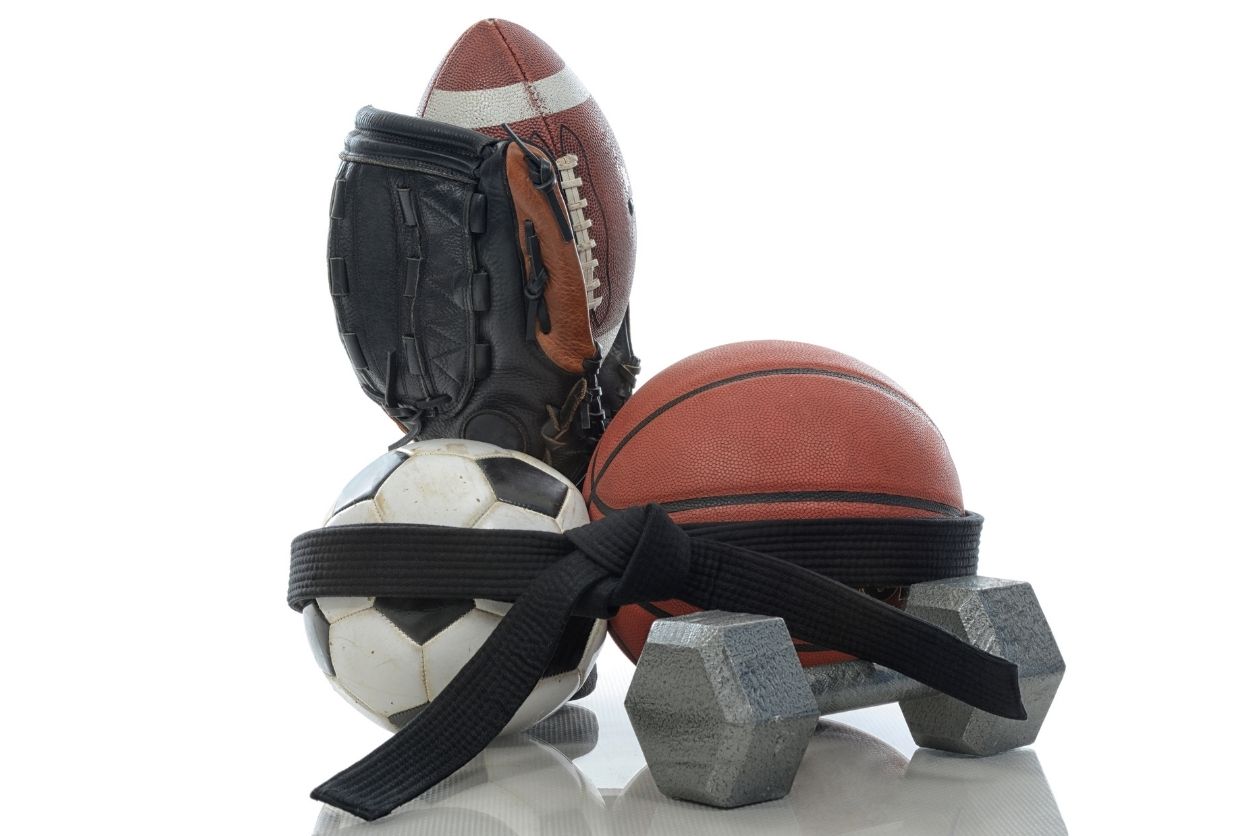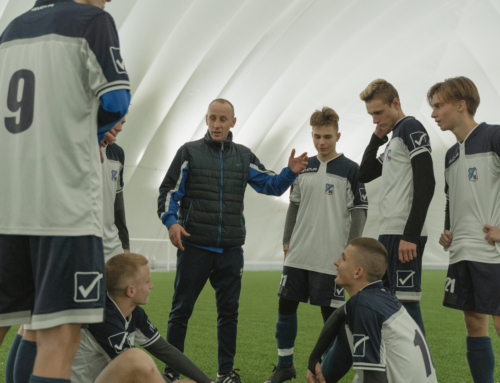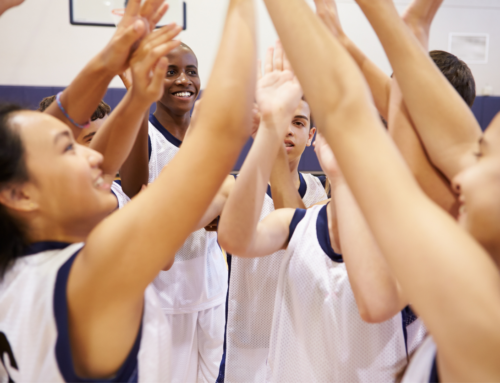When it comes to recruiting, we are often asked “Does being a multi-sport athlete affect recruiting?” Many athletes have always played several sports and continued to do so in high school. Others found the one sport they loved and stuck to just that one area. But, if you’re in high school and thinking you might be looking to play a sport in college, should you be a multi-sport athlete?
Ultimately, the general consensus says developing your athletic skills in multiple sports is important. However, depending on your age, the answer may not be so simple.
Let’s start by looking at the bigger picture. For some who’ve always specialized in one sport, translating the athletic skills you already have into another sport at age 13 or 14 might be tough. However, for some natural athletes, picking up another sport comes easy.
Another variable is the size of the school. Knowing their skills are adaptable, most smaller high school coaches can always use “athletes” on their teams, regardless of their talent level or where they excel. Conversely, at larger schools, you may not be able to make much of an impact in a sport you’ve never spent too much time playing.
With all that said, if you’re playing more than one sport now, keep doing so unless the sport that you want to pursue in college requires you to specialize. If you’ve always focused on one area and feel like playing another sport you enjoy can help you develop further athletically, go for it!
The Benefits of Playing Multiple Sports
Simply put, playing multiple sports can be invaluable for your overall development as an athlete. Different sports require different skills and develop different muscle groups and mental strengths. But, when you add up all those variables, they can all work together to enhance your overall athletic skill.
Beyond the physical benefits, playing multiple sports can help you emotionally and socially. Multiple sports can help you avoid the burnout that many experiences specializing in one area, while at the same time exposing you to different coaches, athletes, and strategies. Plus, picking up a musical instrument or another, non-athletic, extracurricular activity can provide the same benefits.
Playing Multiple Sports Can Also Reduce Injury Risks
In addition to making you a better overall athlete, the extra muscle work, coordination and mental acuity mentioned above can also help reduce your risk of injury. If you’ve specialized in one sport all your life, you may have a strong side and a weak side, however imperceptible it may be. Further, specialization can cause some muscles to be overworked or overdeveloped at too young of an age, while other muscle groups may have lacked the development they need. Playing another sport can help your body round out developmentally while easing stress on other overworked areas.
Playing multiple sports can also reduce the risks of muscle overdevelopment or overuse. By developing other muscle groups, you lower your injury risks by adding to your overall strength, speeding recovery times, and enhancing your flexibility, both physically and mentally.
Other Activities Can Lead To Other Opportunities
In addition to improving your mental outlook, as a multi-sport athlete, you can also change the way you’re viewed by coaches. How? Remember that coaches look not only for athletes but also for potential and overall athleticism. So, while you may have focused on basketball and played volleyball for fun, coaches may see you have more potential as a volleyball player. And that can lead to more opportunities to play at a higher level. Even better, at some smaller schools, your ability to play in more than one sport may also make you more attractive to a coach, as you could offer coaches a two-sport athlete for the price of one scholarship or aid package.
Remember too that the extra muscle and physical skills you develop playing another sport can enhance your body. And that may help you transform your body into the Division I type of body (link to DI body type blog) coaches look for. That equals greater potential and more interest from more coaches.
Lastly, multiple sports and/or extracurricular activities look good on college applications, too. If you’re a better candidate for admission, financial aid, or scholarships, you’re also likely to get more attention from recruiters.
For athletes that are already playing multiple sports, continue to do so for as long as you can, because it’s a great way to become a better athlete and a better recruiting candidate. If you’ve always focused on one sport, remember, if you have the time, you can always pick up something else, regardless of your age or skill level. And whether you opt for playing one sport or several, keep your eyes on the one big prize; competing in college!
We hope this helps answer your question of “Does being a multi-sport athlete affect recruiting?”. For other great articles related to recruiting, check out our other article HERE.




